
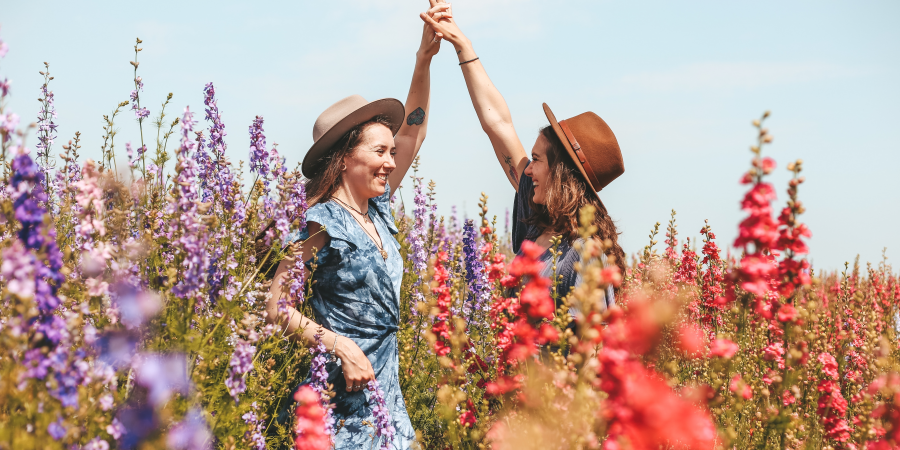
Hey friends!! How are you guys doing? I trust everyone is great. I am going to share with you all some interesting facts about dance and some classical dance of India.
Dancing fosters flexibility of the body and mind as well as self-expression, confidence, and self-worth. It's a fantastic way to introduce your child to a grateful audience and a community of support.

Dancing lessons encourage physical fitness as something enjoyable and simple, and they serve as a spark for lifelong fitness.
Dance is a well-known and significant cultural practice in India, with various folk dances and large gatherings of people dancing at festivals and weddings.
Indian cinema, particularly Bollywood films, also prominently feature dance and song. However, the origins of Indian dance can be traced back to some important classical dance forms.
Bharatanatyam
Bharatanatyam is a traditional dance from Tamil Nadu in southern India that has its roots in an ancient theatrical text called the Natyashastra. Originally performed by women in temples, it is now commonly used to portray Hindu religious stories and devotion.
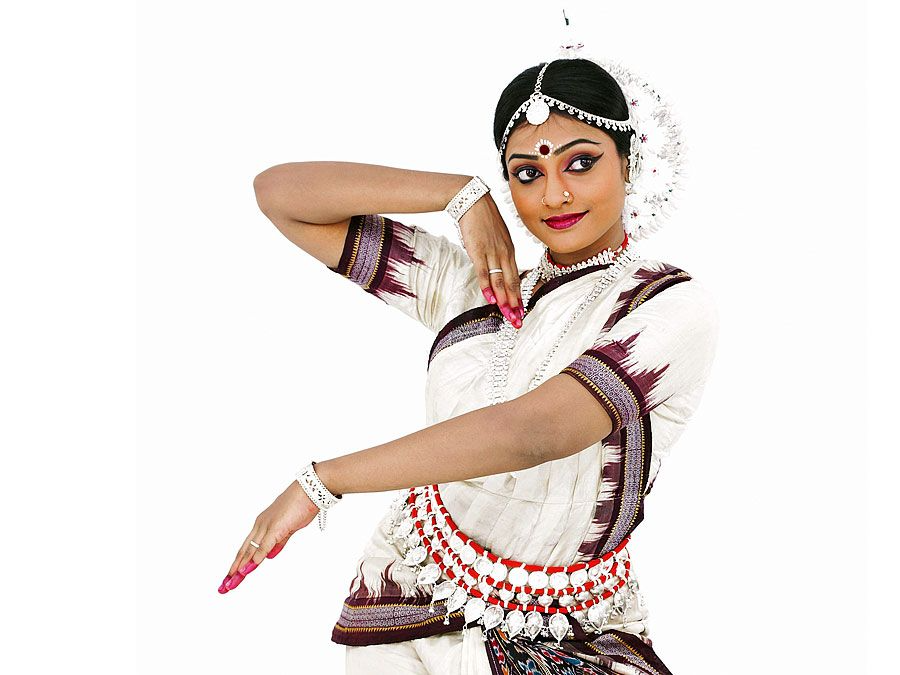
The dance style involves bent legs and rhythmic foot movements, with the hands using symbolic gestures called mudras to convey narratives. It only gained popularity on public stages in the 20th century.
Odissi
The native people of Orissa, in eastern India, are Odissi. It's mostly a female-only dance, with poses inspired by sculptures from temples. Odissi is thought to be the earliest of the Indian classical dances still in existence, based on data from archeological excavations.
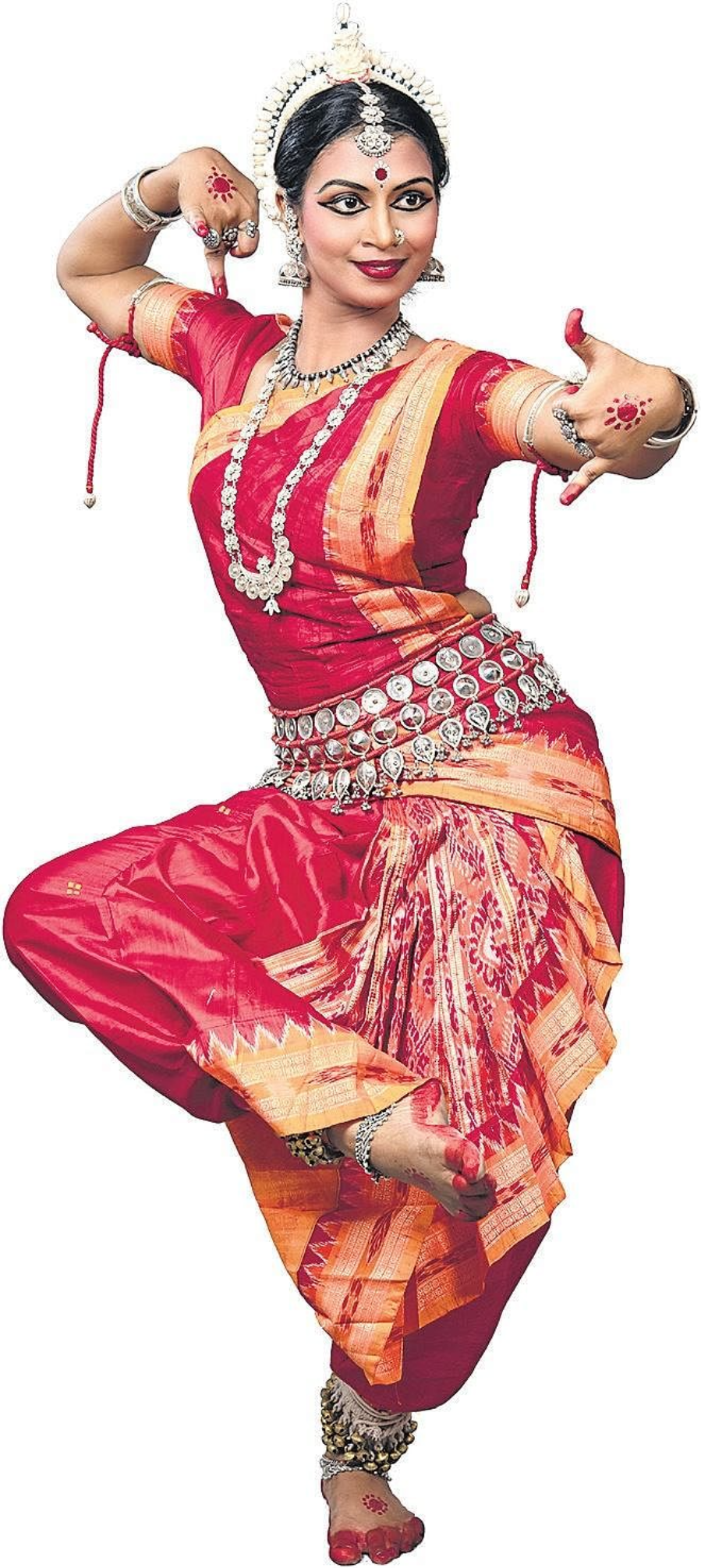
With over fifty mudras (symbolic hand motions) frequently employed, odissi is an extremely intricate and expressive dance.
Kathakali
Kathakali is a religious dance that originated in southwestern India, specifically in the state of Kerala. It is similar to bharatanatyam and is influenced by the Ramayana and Shaiva traditions.
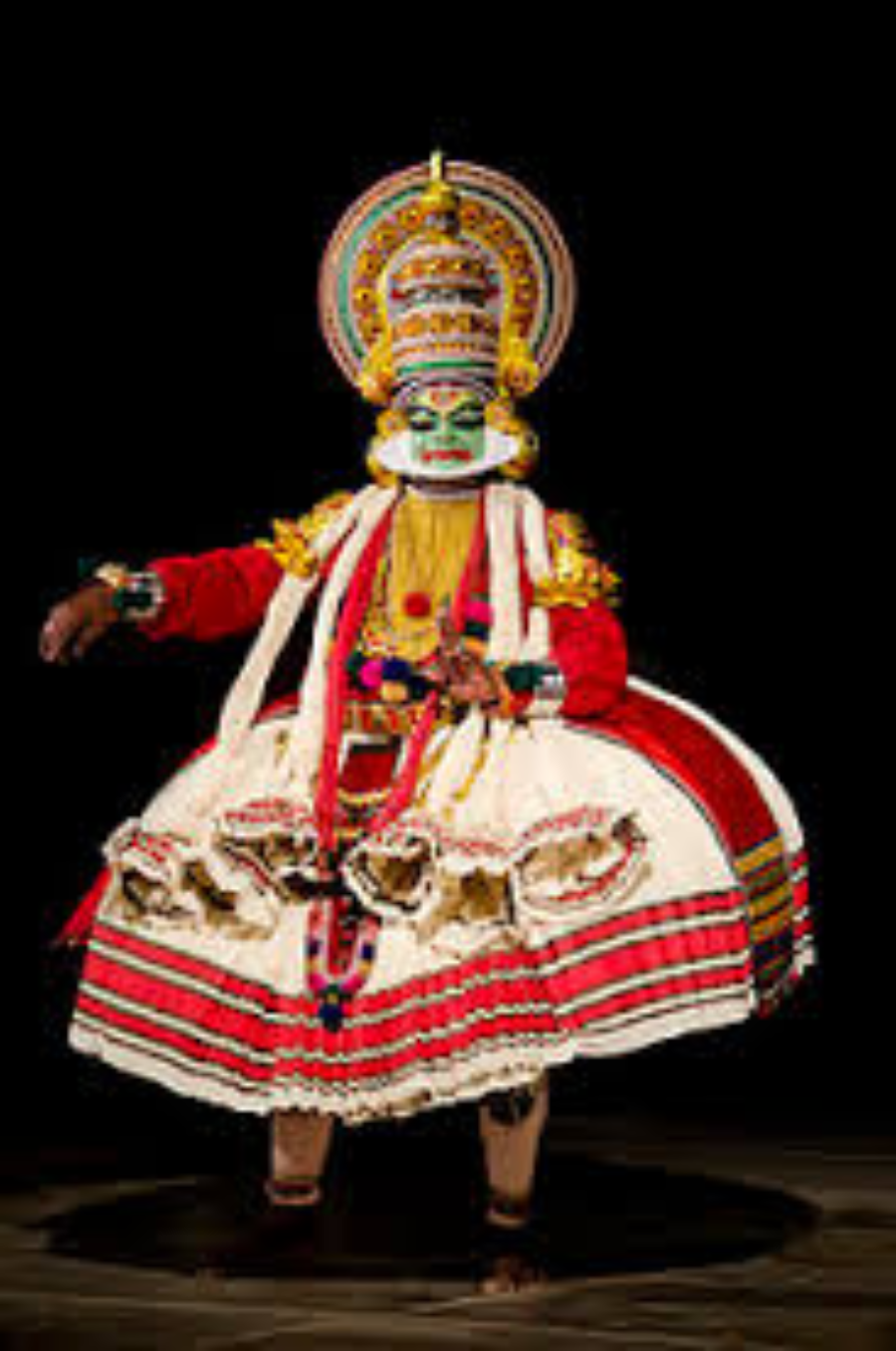
Traditionally, it is performed by males, including for female roles, and the costumes and makeup are intricate, featuring mask-like painted faces and large headdresses.
Kathak
Kathak, a popular dance form in northern India, is often associated with love and is performed by both men and women. The dance involves complex footwork accompanied by ankle bells and incorporates stylized gestures inspired by everyday body language.
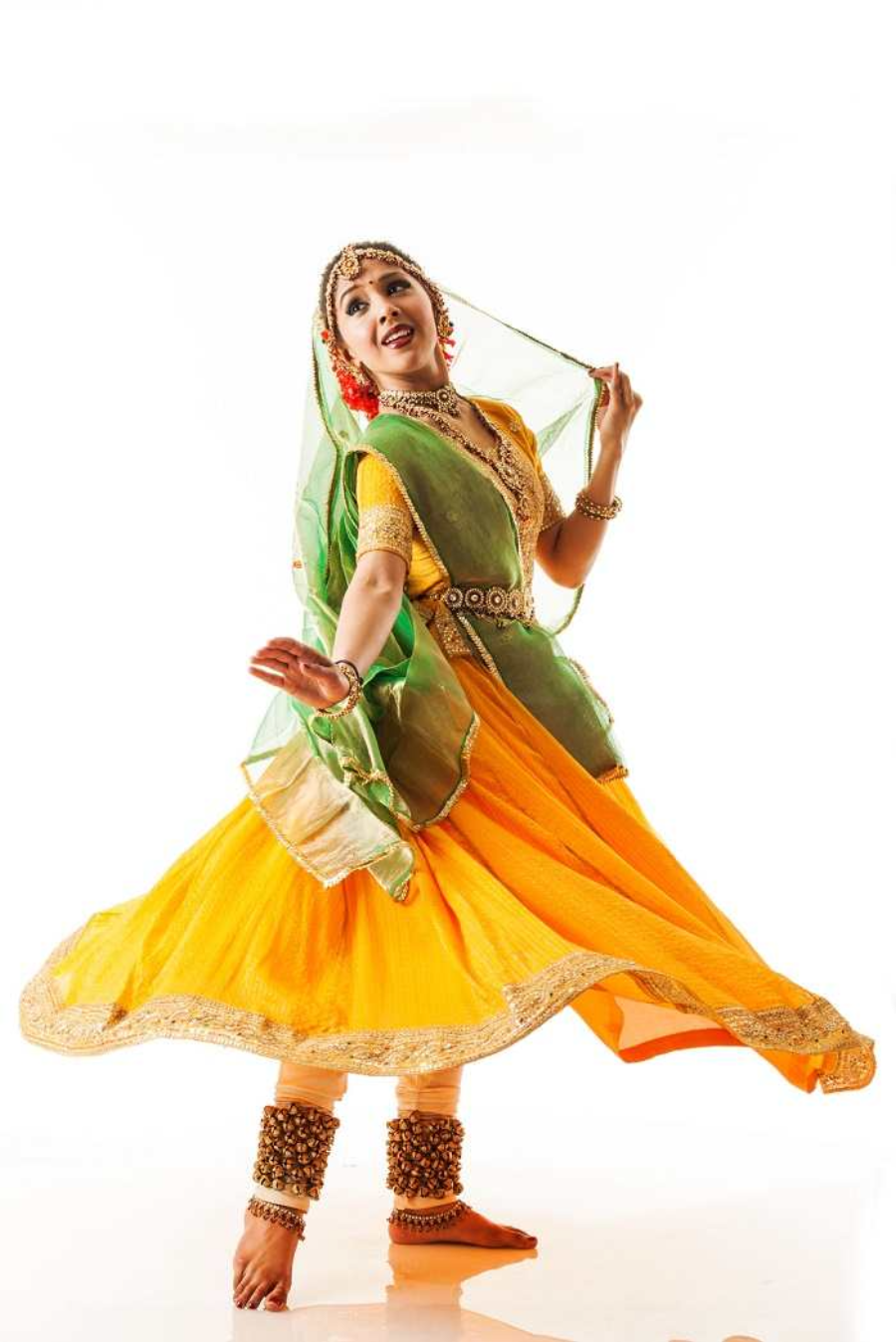
Kathak originated from Kathakas, professional storytellers who blended dance, song, and drama. While it initially started as a temple dance, it quickly gained popularity in the courts of ruling houses.
Manipuri
Manipur, in northeastern India, is the origin of Manipuri. It originated from the local customs and ceremonies of that state and frequently features episodes from the life of the Hindu god Krishna.
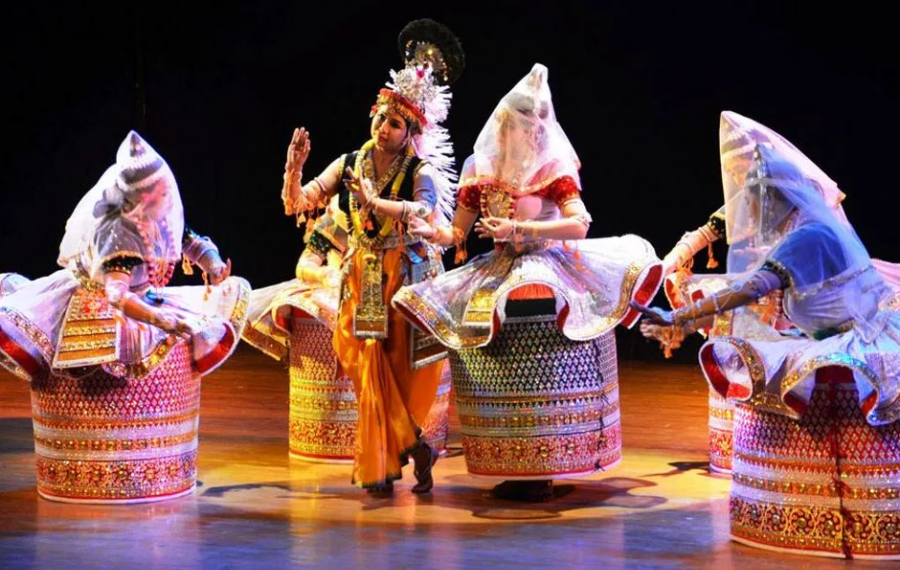
Manipuri dances are distinguished by their fluid and elegant motions, in contrast to some of the other, more rhythmic styles. Male roles typically feature more muscular motions, whereas female roles are particularly flexible with the arms and hands. Choral singing and narrative chanting may accompany the dancing.
Kuchipudi
In contrast to the above stated styles, kuchipudi demands vocal and dance talent. This dance originates from the southeast Indian state of Andhra Pradesh. It is highly ritualized, beginning with a structured song-and-dance routine, holy water sprinkling, incense burning, and goddess invocations.
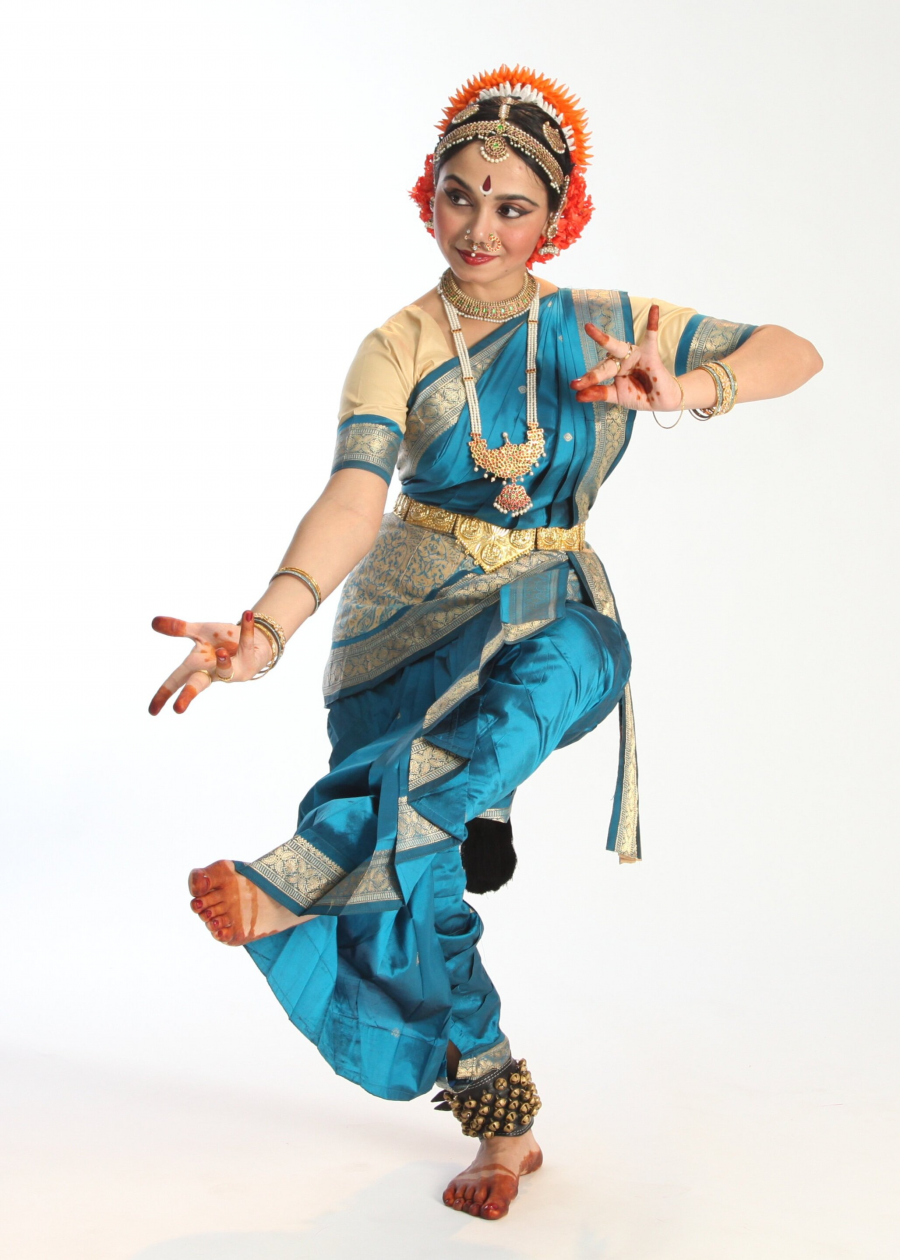
Even the feminine positions in the dance were traditionally performed by men, although these days, women perform the majority of the roles.
Whenever you feel sad, Dance!!….
It conveys confidence. Dancing is an extremely comfortable hobbies. Having the courage to take challenges takes confidence.
Hope you all enjoyed this blog…. Comment your opinion and thoughts… Do like and follow my page for more interesting blog…
Be Happy And Knowledgeable!!! Glow and Grow Together!!!
